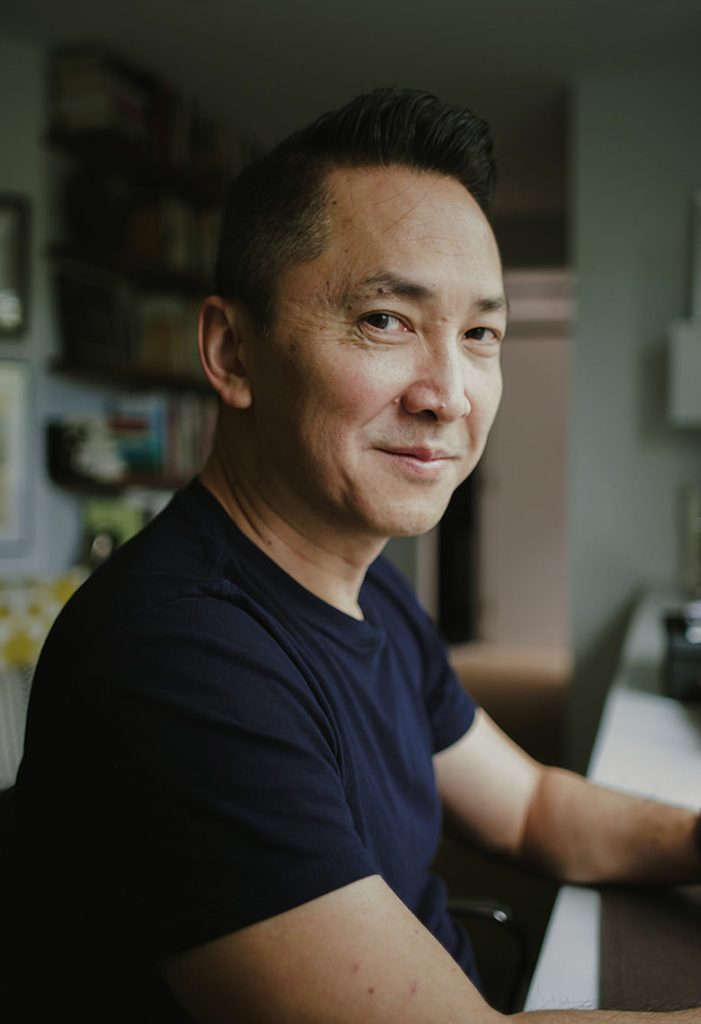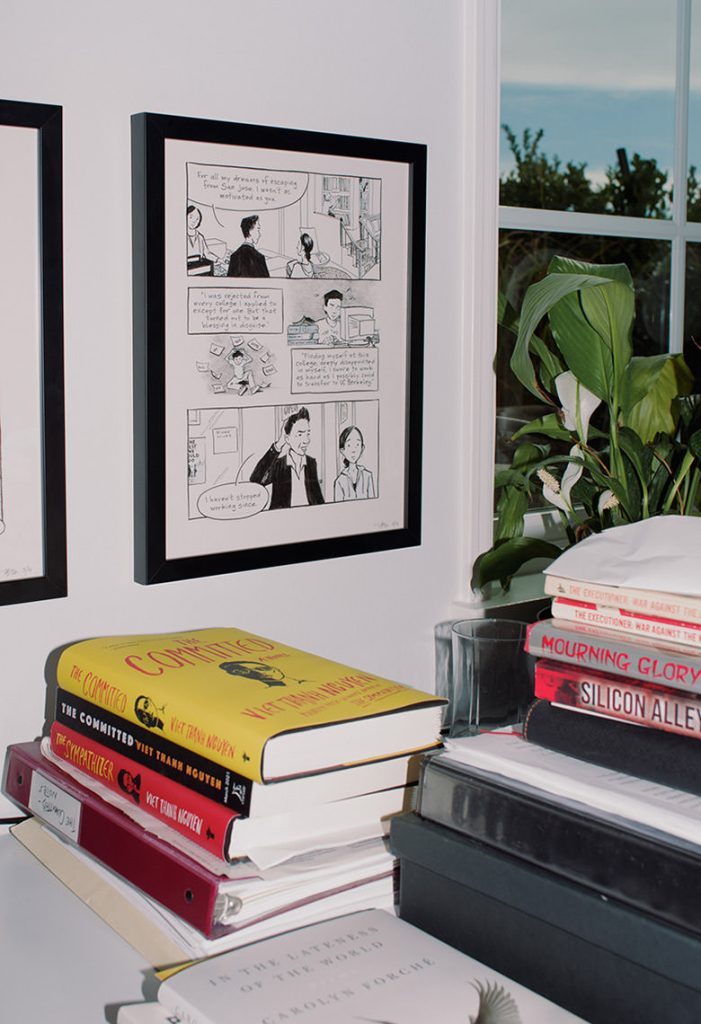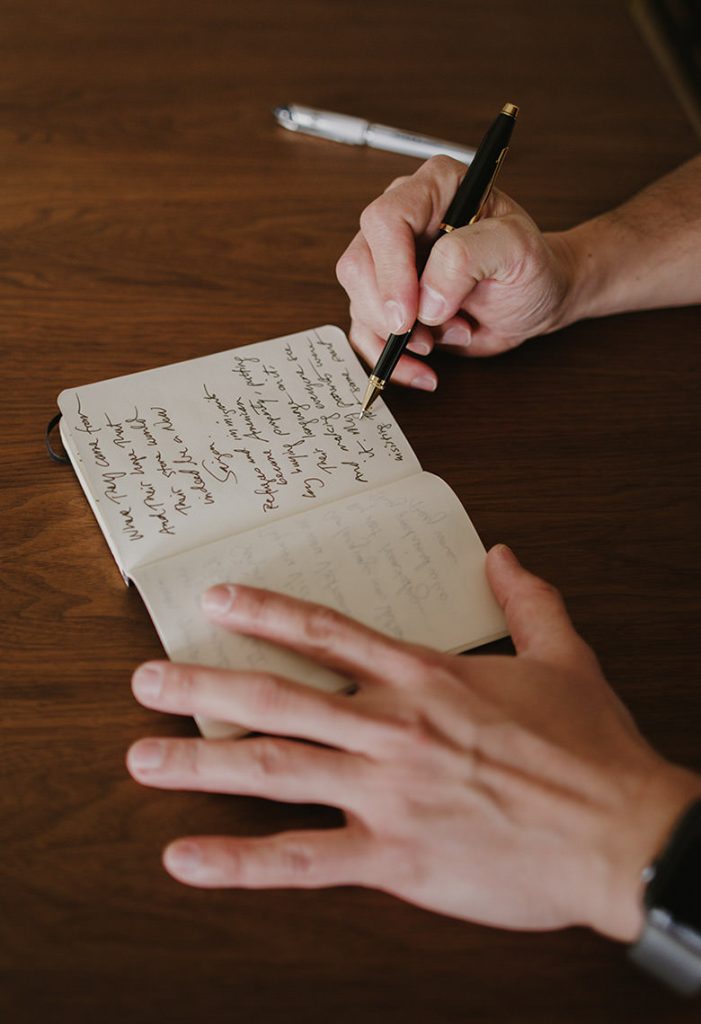Do you respond to emails/letters?
I do my best to write back to everyone who writes to me. If I’m really lucky, I do it in a day. Most of the time, however, I take weeks and sometimes months. I apologize. Besides being a writer, I’m a scholar, teacher, husband, son, and father, and all those tasks have to take priority. That being said, I’ll respond to emails faster than letters or cards sent via the post office, and I really do write back to just about everyone.
I want to learn more about Vietnam or the Vietnam War. Where should I begin?
I wrote about how the Great Vietnam War Novel was not written by an American, and provide a reading list of Vietnamese and Vietnamese American writers. Nguyen Du’s The Tale of Kieu is Vietnam’s classic epic poem and is in English translation. Curbstone Press translates a great deal of Vietnamese literature into English. Subscribe to my blog, diaCRITICS.
How does one buy your books in Viet Nam?
For physical books, you can also take a look at certain bookstores that are known to carry international titles such as The Bookshelf Hanoi, BOA Bookstore Saigon, or Gác Xép Bookstore. For e-books, you can try downloading a VPN, placing you in the US/Canada, and paying with an Amazon gift card for Kindle.
Can I interview you for a school paper/scholarly essay?
I can only do interviews for print, internet, or broadcast purposes. However, this website has an extensive archive of the interviews that I have done and the reviews of my books, and in them you should find the answers to most, if not all, of your questions. My essays should also provide some insight into my work.
I have a book/manuscript. Will you read it/blurb it?
Unfortunately, I can do neither. See above about all the things I must struggle to balance in my life, and hopefully you will understand that I cannot spend more time reading the works of people I do not know, no matter how worthy those works may be. I wish you all the luck and strength that a writer needs.
Will you speak at my event, campus, or institution?
Please contact Kevin Mills of The Tuesday Agency, who handles my speaking arrangements.
How do I get an agent/publisher?
I have little advice based on personal experience in this regard. I wrote a lot of short stories and published them in small literary journals. Literary agents sought me out from reading some of these stories, which is how I eventually found one. The timing was right; he came looking after I had finished a collection. It’s challenging to get an agent without a book being done, although it can definitely happen, especially in nonfiction. My agent sent my book to publishers.
There are websites and books that tell you how to find an agent and how to solicit an agent by writing query letters, and how much of a manuscript you should have done, and the like. My best advice is to read those sites and books.
What kind of advice do you have for writers?
Read a lot. Read deeply in the categories of writing that you imagine yourself to be in. Only by doing so will you know what is a cliche and what is original, and how to avoid the former and seek the latter in your own work. Reading deeply, you will realize that most work in a category is not very good. That should inspire you to recognize what is good versus bad, and should encourage you to do better.
Read widely. Genres and boundaries are artificial, and a writer should look everywhere for great writing and powerful ideas, which exist in all fields of writing. Reading the best in a wide variety of genres, styles, and disciplines will provide a writer with greater inspiration and aspiration.
Write a lot. It could be every day, it could be in big occasional bursts. Whatever works for you. But nothing beats just writing a lot, over time. All the classes in the world won’t help you become a better writer if you don’t write. The more you write, the more you will figure out how to deal with technical issues and the elements of craft. You will also learn to edit yourself, and recognize when something is working and when something isn’t.
Develop a very thick skin, and develop discipline. The thick skin is to protect you from rejection. The discipline is required because writing demands a great degree of sacrifice–at least of your time and possibly much more. Discipline is more important than talent, if one had to choose (ideally a writer has both). Someone with minimal talent and great discipline will write a book, even if it’s not great. Someone with talent but little discipline probably won’t finish a book (although someone with huge talent might pull it off).
Give yourself time to mature and grow wise. Young writers with lots of talent who get a lot of attention when they first publish often don’t stand the test of time until they mature and add wisdom to their writing.


